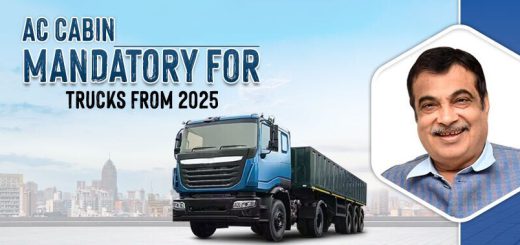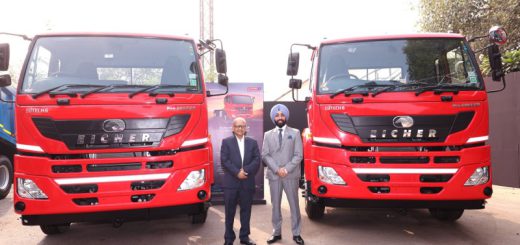ChargeZone has launched Battery-as-a-Service (BaaS) for electric trucks in India
Chargezone recently launched an initiative to offer battery-as-a-service (BaaS) for electric commercial vehicles in India, along with a new battery passport system aimed at increasing battery recycling. This innovative approach promises to change the electric vehicle (EV) landscape in the country.
Key Highlights
ChargeZone’s new battery passport system collects data at every stage to facilitate a comprehensive record of a battery’s lifecycle. This system ensures transparency and accountability throughout the battery’s life. Under the BaaS model, ChargeZone will offer upfront battery cost coverage, clear energy pricing for a defined driving range, and reliable performance metrics for electric commercial vehicles.
Charge Zone initially aims to deploy electric buses equipped with 200 kWh batteries. The company also aims to create long-term agreements for Energy as a Service (EaaS) and Charging as a Service (CaaS) that will make the EV ecosystem continue to grow…
ChargeZone, the leading EV charging network in India It has launched a battery passport system to create a transparent record of battery life cycles. This digital platform represents a transition from a linear to a circular economy. It provides important information at every stage of a battery’s lifespan.
A transparent information system will benefit all stakeholders in the EV battery ecosystem, including EV buyers, manufacturers, recyclers, and economic operators…
By utilizing the BaaS model for electric commercial vehicles, ChargeZone is addressing key challenges in the industry, such as high initial costs and the need for reliable charging infrastructure.

Merits of Battery-as-a-Service for Electric Commercial Vehicles
The BaaS model enables customers to lease or subscribe to batteries independently from the commercial vehicles themselves. This approach addresses various issues faced by electric vehicles, including their high upfront costs, battery deterioration over time, and the necessity for a robust network of charging stations.
ChargeZone’s first deployments will focus on electric buses with 200 kWh battery capacities, with plans for future agreements that support EaaS and CaaS. The battery passport system will facilitate real-time monitoring of vital battery parameters, aiding in the recycling and repurposing of battery packs.
The system is designed to make it easier to repurpose batteries for lower-duty cycle applications, optimizing both battery value and consumption. The rise of electric vehicles in India is driving growth in the battery storage sector. Projections suggest that the country’s demand for electric mobility could increase its battery storage capacity to 600 GWh by 2030.
As part of its renewable energy goals, the Indian government plans to achieve around 500 GW of renewable energy capacity by 2030. This emphasis on adaptable energy solutions, such as battery storage, aligns perfectly with ChargeZone’s BaaS offering.
Also Read:- Blue Energy Motors Achieves Major Milestone in CO2 Emission Reduction
Official Statements from ChargeZone
Kartikey Hariyani, Founder and CEO of ChargeZone, highlighted the significance of the Battery Passport System, stating, “Our battery passport system is a step toward redefining the EV industry in India. The system includes a financial element that separates EV and battery costs, promoting financial viability.”
Ravindra Mohan, Group Director at ChargeZone, explained, “The system is built on the Industrial IoT 5.0 platform and meets industry standards to ensure accurate, secure, and accessible battery information. It addresses data verification, battery storage, sharing, and identification.” He added that the BaaS system complies with regulations for separating EVs into vehicle and battery components, streamlining operations for manufacturers and users alike.
In a Nutshell
Between 2022 and 2030, an estimated 600 GWh of lithium-ion battery capacity could be utilized in India, with 128 GWh expected to be recycled. The newly launched Mahindra Zeo offers the BaaS facility at Rs 2.25 per km. This is a groundbreaking initiative in the Indian commercial vehicle sector, reflecting the rising demand for BaaS in the trucking industry. The BaaS model introduced by ChargeZone has the potential to foster a culture of battery repurposing and recycling across the country.
Source By:- https://trucks.cardekho.com/




Recent Comments